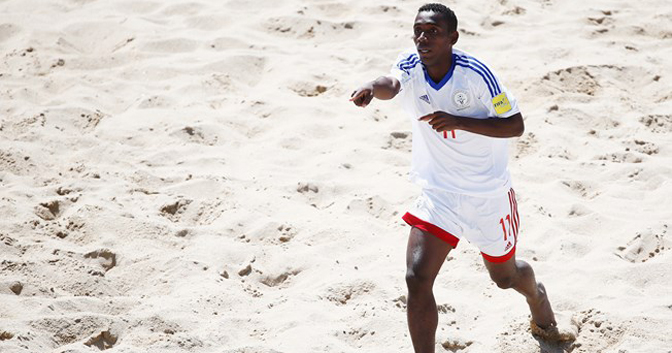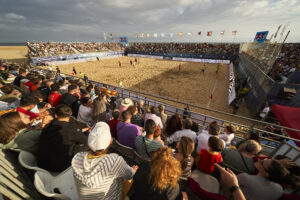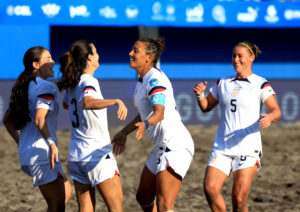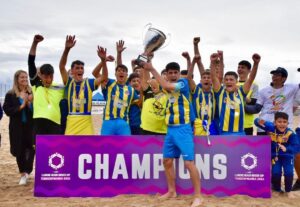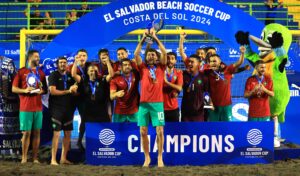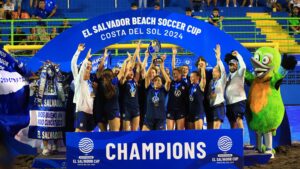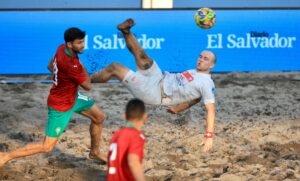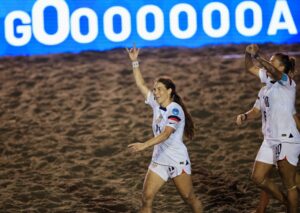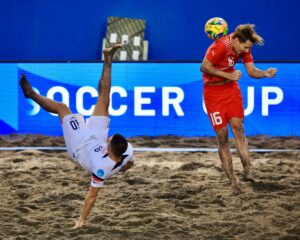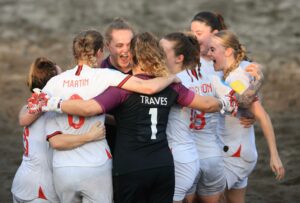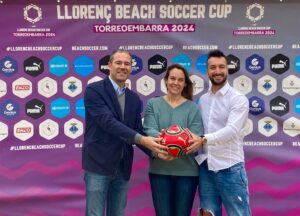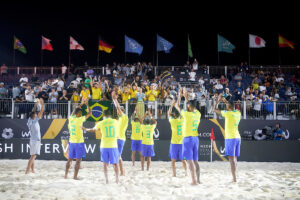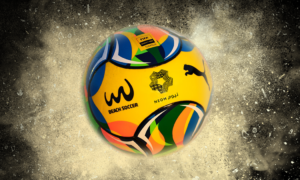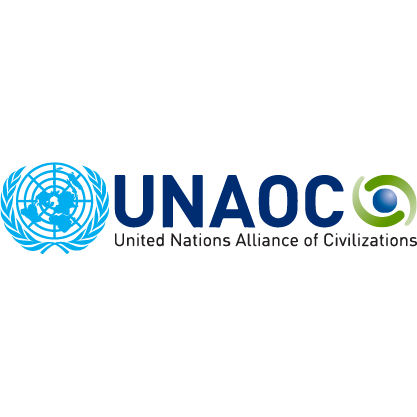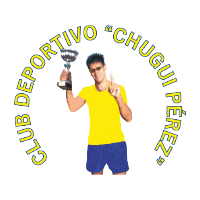A hard-fought loss to Tahiti to open their World Cup showed everyone how high the ceiling is for the African side
Many are the factors that a nation competing in a FIFA World Cup tournament for the very first time have to contend with, such as the pressure of the occasion, nerves and the quality of the opposition.
Yet as FIFA Beach Soccer World Cup debutants Madagascar have found at Portugal 2015, there are a whole lot of other new experiences to absorb, all of which makes the task of coping with the cut and thrust of top-level international football just that little bit harder.
A member of the Madagascan Football Association’s Beach Soccer Committee and of the national team’s delegation in Espinho, Theodore Rakotoarimino told FIFA.com about the challenges his country’s players are facing on their first taste of the big time.
“I don’t think anyone understands just how overwhelming this atmosphere is for them,” he said. “I’m not just talking about the soccer but about the human experience too. It’s at least a ten-hour flight for us to get to Europe, and none of our players have been anywhere near the continent before.”
“When they got here all they spoke about was how big the cities are, about the scale of development and the differences. Back in Madagascar our diet is based on rice, a little fish – fresh fish of course – and meat. You should have seen the look of surprise on some of their faces when they saw a plate of pasta. With all that going, with so many new experiences, how can anyone expect the team to focus on their opening match?”
Soaking it up
Prior to making the long trip to Portugal via Marseille, 21-year-old Flavien Razafimahatratra’s only previous travel experience was hopping on the ferry to the nearby island of Reunion.
The scorer of two goals in Madagascar’s 4-3 defeat to Tahiti, Razafimahatratra was relieved that their tournament had finally begun and that they had acquitted themselves well on their first test: “This is just an amazing experience for us, and we’re grateful to the national association for making it possible.”
“We’re living things that we’ve never dreamed of, like arriving at the stadium in a World Cup competition and seeing people waving our flag around and shouting: ‘Allez, allez’,” said the No11. “It’s like a dream, and we’ll be dreaming bigger after this World Cup. It’s helping us improve our game and it’s also giving us a lot of experience.”
Madagascar are relative newcomers to the world of beach soccer, a sport that was all but non-existent on the island until FIFA held a development and training course in Toamasina, on the east coast of the island, in 2009. Only two years later, the Madagascans were competing in the African qualifiers for Ravenna 2011 in Morocco, where they came within a whisker of booking a ticket to the world finals.
“In the match for third place we were 6-4 up against Nigeria with two minutes to go and we ended up losing 6-7. We lacked the experience to close out the game,” recalled Rakotoarimino.
“The same sort of thing happened in our opening game here in Portugal against the Tahitians, though we had to contend with a totally different atmosphere,” he added. “Even so, I think we handled ourselves well. From now on I don’t think the players are going to be as overwhelmed by the opposition, the atmosphere or the sight of a full stadium.”
It goes without saying that the intrepid Madagascans will also get used to the sight of pasta on the dining table.
(Source: FIFA.com)

